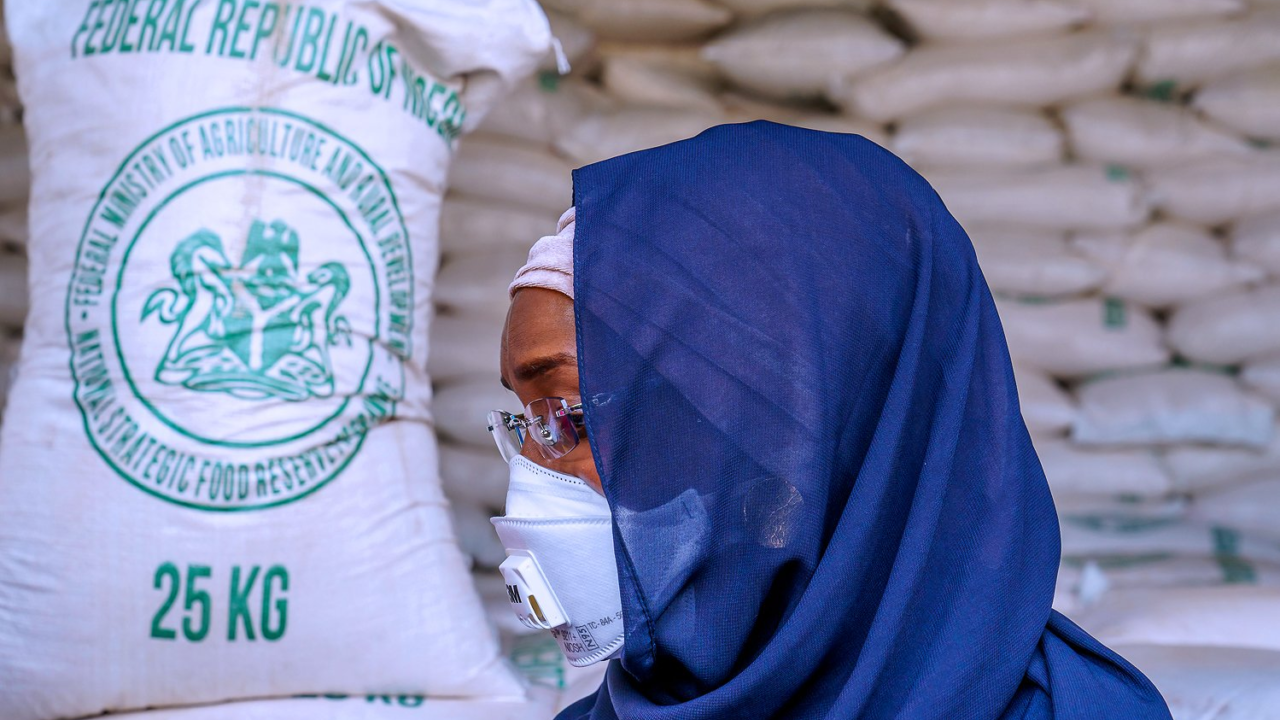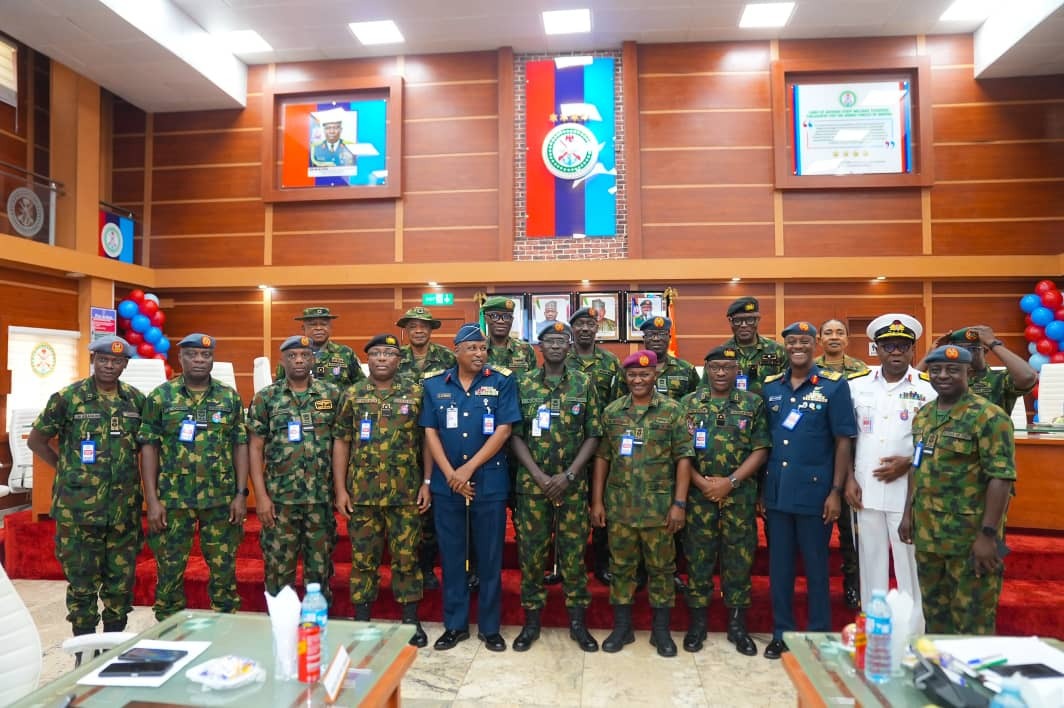
Minister of Humanitarian Affairs and Disaster Management, Sadiya Farouq has declared that her Ministry will focus on the urban poor, National Social Register as well as Bank Verification Number (BVN) to determine who benefits from the distribution palliatives to cushion the biting effect of COVID-19 on Nigerians.
The Minister spoke while briefing State House Correspondents, at the Presidential Villa, Abuja.
“You are aware that the President in his broadcast of Monday 13th April, directed that we expand the beneficiaries of the conditional cash transfer by one million and in this regard, we are going to focus more now on the urban poor.
“These are people who depend on the informal sector to earn their livelihood; they are daily wage earners and these are the people that we are really going to focus more on as well as people living with disabilities.”
Farouq said the Ministry will adopt three methods in selecting the beneficiaries of the scheme.
“Well, we have three options; one, we are going to use the national social register that we already have. Two, we are also going to focus on the urban poor as I mentioned, by using their verified BVN accounts to get them, that is, people that have an account balance of N5, 000 and below.
“We are also using the mobile networks, to know people that top up the credit units for their phones with maybe N100 or less. Those are also people that we consider to be poor and vulnerable. So, these are the three options that we are exploring and I am sure that by the time we get this data we will be able to give this intervention.”
She, however, said only 25 percent of the population would benefit for now, with plans to expand the scope in due course.
“Let me also say that we have a standard. 25 percent of the total population of is what we will take out. It cannot go round everywhere but we are starting from somewhere 25 percent of let’s say the location of Lagos state for example is what is going to benefit from this intervention that we are doing. Going forward, we might expand it but this is what is obtainable for now,” she explained.
She further said the Ministry intends to hand over the distribution of food relief items to state governments so as to address the challenges associated with distribution faced in the past.
“On the issue of palliatives in terms of food relief, we have an emergency response plan in place. In the Presidential Task Force on COVID-19, we have different functional groups.
“One of such groups, is that which deals with mass care, logistics and security, to be led by the National Emergency Management Agency under the Ministry and they have a structure; from National, States, down to Local Governments, where the various State Emergency Agencies and other security agencies are involved in this distribution.
“So far, we have already done the distribution together with the State authorities in these two states affected by the lockdown, together with the FCT but going forward, when we are going to give these food items, we are going to hand them over to the states because issues have come up, as at yesterday (Monday,) our people were mobbed, some of them were attacked in the course of carrying out this assignment so the general conclusion is that we give this food relief directly to the State governments for them to distribute to the beneficiaries,” she said.
Shedding light on the N21 billion support given to Nigeria by the European Union to fight COVID-19, the Minister said the donation was in form of medical equipment and provision of structures that will help Nigeria fight the deadly disease.
“This donation is coming in kind basically by way of medical equipment and also some structure to be put in place as a response to this COVID-19 pandemic.
“In that intervention, there are also humanitarian issues that would be addressed. As you are aware, this is a health emergency but at the same time it is also a humanitarian emergency so the Ministry is going to come in here because we are to coordinate all humanitarian interventions coming into the country by way of making sure that such interventions get to the poor and vulnerable in our society,” she said.






